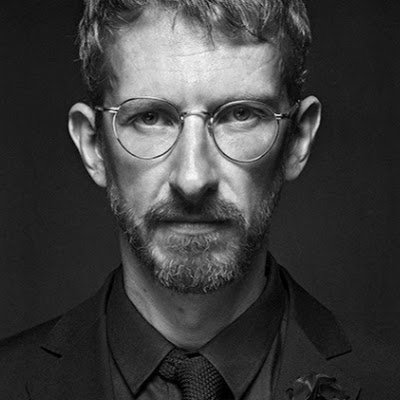
Global Brain Singularity.
Theoretical preparation for the impossible change to come.
Foundations of the Global Brain Singularity.
The idea of a global brain singularity has been maturing and actualising for decades in science, but is now the very real shape of everyday human life. Learn the theoretical foundations of this idea, and play your part in influencing how it will evolve in social practice.
Kurzweil, Bostrom, Harari, Žižek, Millar, and Last.
This course will involve teaching an in-depth overview of the most influential literature in the field of global brain singularity theory, including The Singularity Is Near, Superintelligence, and Homo Deus, as well as current philosophical responses to these ideas, including Hegel in a Wired Brain, Psychoanalysis of Artificial Intelligence, and Global Brain Singularity.
Your Instructors
Dr. Cadell Last
Philosopher
Founder and creator of Philosophy Portal, an online education platform focused on teaching foundational discourses, experimenting for the future of philosophical learning and social dynamics, as well as lecturer at Vrije Universiteit Brussels School of Thinking program where he teaches dialectical logic.
He is a specialist with a doctorate in interdisciplinary studies, specifically focused on systemic intersections between anthropology, history, cybernetics, philosophy and psychoanalysis. He is the author of Global Brain Singularity and Systems and Subjects, as well as pioneer of new methods for creative collective projects, including anthologies Enter the Alien and Abyssal Arrows, coupled to extensive courses and open-access conferences.
He has published in several scientific journal including AI & Society, Neuropsychoanalysis, Information, Foundations of Science, Kybernetes, Journal of Evolution & Technology, and Technological Forecasting & Social Change.
Dr. Thomas Hamelryck
Computer Scientist
Researcher at the University of Copenhagen with a shared associate professor position at the Department of Biology (Section for Computational RNA Biology, SCARB) and the Department of Computer Science (Programming Languages and Theory of Computation section, PLTC).
He is a specialist in Bayesian modelling and probabilistic machine learning. His current research mostly focuses on probabilistic machine learning applied to protein structure prediction and protein evolution. He is particularly interested in the use of deep probabilistic programming, making use of the languages Pyro and Numpyro, and the application of directional statistics to represent non-Euclidean data.
He has published research in journals such as PNAS, PLoS Computational Biology, Bioinformatics and Molecular Biology and Evolution, as well as in top AI conferences such as ICML and ICLR.
Course Outline.
March 17
How near is the Singularity?
Overview of Kurzweil’s The Singularity Is Near
Background: history/foundation of Singularity theory.
March 31
Is the human species in existential risk?
Overview of Bostrom’s Superintelligence
Background: history/foundation of artificial general intelligence.
April 7
Machine learning 101 with Dr. Thomas Hamelryck
Overview of basic theory/applications
Background: supervised, unsupervised, and reinforced learning.
April 14
What does it mean to think a transhuman future?
Overview of Harari’s Homo Deus
Background: history/anthropology of transhumanism.
April 28
Can philosophy interpret our transhuman situation?
Overview of Žižek’s Hegel in a Wired Brain
Background: history/speculation on transhuman consequences.
May 5
Machine learning 101 with Dr. Thomas Hamelryck
Overview of basic models
Background: artificial neural networks, Bayesian networks
May 12
Does psychoanalysis expose the transhuman idea?
Overview of Millar’s Psychoanalysis of Artificial Intelligence
Background: history/psychoanalysis of transhumanism.
May 19
Machine learning 101 with Dr. Thomas Hamelryck
Overview of limitations
Background: bias, explainability, overfitting
May 26
What are the stakes of Singularity for thought?
Overview of Last’s Global Brain Singularity
Background: interdisciplinary consequences of Singularity.
Three Tiers
This class offers three tiers of involvement. The first tier gives you access to all of the main lecture materials, both live and recorded, taught by Dr. Cadell Last. The second tier gives you access to the technical lecture materials focused on the theory and nature of machine learning processes, taught by Dr. Thomas Hamelryck. The third tier gives you access to 2 2-hour 1-on-1 sessions with Dr. Cadell Last.
-
Access all main theoretical lectures, live and recorded, taught by Dr. Cadell Last.
-
Access the live technical lectures on the theory and nature of machine learning processes, taught by Dr. Thomas Hamelryck.
-
Access 2 2-hour 1-on-1 sessions with Dr. Cadell Last to discuss both the most influential texts in technological singularity theory, as well as their philosophical responses.



